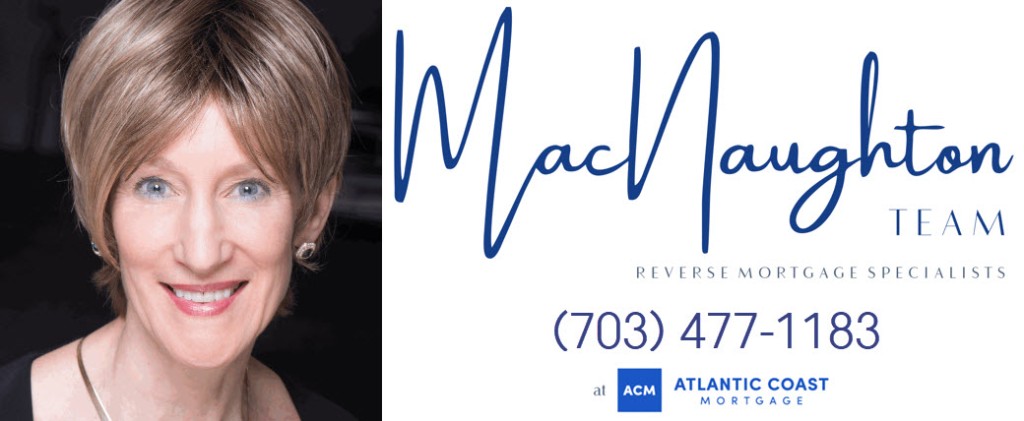A good friend of mine, a professional writer and one of the smartest people I know, once said to me. “Never read the comments at the end of an article – you’ll end up loathing humanity.”
I don’t know why I do it, but I persist in ignoring his advice. And while I can’t say I end up hating humanity, I confess I often end up just this side of appalled at the flawed reasoning, the foul language, and the venomous attacks commenters level against other commenters.
Imagine my surprise, then, when the tables were turned this week after The New York Times ran a piece on reverse mortgage: the article was terrible, but the comments were extraordinary.
The piece, entitled “Pitfalls of Reverse Mortgages May Pass to Borrower’s Heirs,” struck me as a remarkable specimen self-pity, greed, and lack of self-reflection on the part of adult children whose parents had reverse mortgages, and (yet another) instance of poorly-researched reporting by Jessica Silver-Greenberg, who has written other sensationalistic reverse mortgage pieces for NYT.
Then, in an act of self-punishment – you guessed it – I clicked on the comments tab.
The word “astonished” comes to mind.
First of all, at the time of this blogpost there were 598 comments. I read a lot of online news, and that is an unusually high number of people weighing in on a financial piece.
Second, despite the negative nature of the article, the overwhelming majority of comments were highly supportive of reverse mortgage.
But my third and biggest source of amazement? The level-headed, well-reasoned nature of the replies, some from seniors themselves, but many more from adult children of parents who have taken out a reverse mortgage.
A minimal sampling of comments include JPB’s from Chicago, who wrote:
This article is somewhat misleading, and Ms. Santos [the aggrieved daughter featured in the NYT piece] is delusional.
My siblings and I opted to help my parents obtain a reverse mortgage and it’s been a godsend. In their case, they had lots of equity (in a fairly pricey property), good health, and very little cash.
We were never expecting to inherit anything; the reverse mortgage is doing exactly what it’s supposed to do. It has allowed my parents to remain in their home and removed a huge financial burden off their backs.
Jbsa wrote:
My mom has a reverse mortgage from a reputable bank. It lifted her obligation to make monthly payments out of her Social Security and teacher’s pension, which allowed her to stay in her home. We are aware that each month, the payment she would otherwise be making is instead a paper transaction that is reducing her equity in her home. That’s ok with us, her kids. We’d rather have her living in her home and not stressing about the payment. It’s been a huge financial relief. If, god willing, she lives long enough to completely exhaust the equity, the bank can’t kick her out. She gets to stay in the house for as long as she is able to live there. We won’t inherit the house, but that’s not the point. For us to inherit, she’d have to keep struggling to make those payments, or we’d have to make them for her. It’s a loan, just structured differently than a traditional one. It works as intended.
Peter R from Cresskill, New Jersey wrote:
I have the perspective of the reverse mortgage experience from start to finish. We secured a reverse mortgage in 2006 for my wife’s parents. We sold the house after both her parents had passed away by 2011. There are many reasons to have one and many sides to the benefits. The main benefit is for the parents….
But I think my favorite is by a senior homeowner identified as Entice, from Miami, Florida:
So, I’m a homeowner, I paid over the years from the money that I earned. It’s my largest asset. I’m now in need of additional money. I take out a reverse mortgage to provide for my needs – note, I’m not sponging off my grateful children. I die. My grateful children’s response is “what do you mean we don’t get the house, we didn’t support the old man in his declining years.” I took out a reverse mortgage because I can’t get buried with my home and I sure am not going to leave it to my kids who have to learn to earn their own way in life. The mortgage company (RMS) spelled out in detail that when I die they get the house; my heirs might get a small residual from the sale or not; the company did not try to hide anything.
I guess it really shouldn’t surprise me a loan that enjoys over 90% positive reviews from those who have one would get good reviews. I only wish the popular press would stop working so hard to scare the daylights out of seniors and their adult children.
No one is going to get by on just their Social Security. No one is going to make it on their 401-K. Few are going to survive on their pension, their annuity, their IRA, their bank account – or their reverse mortgage. But when added together, all these combine to create a long-term means of maintaining dignity and independence in retirement.
If you would like to explore how an FHA reverse mortgage might help with your retirement plans, give me a call. I always love hearing from you.
Laurie
Laurie MacNaughton [NMLS 506562] is a freelance writer and Reverse Mortgage Consultant at Middleburg Mortgage. She can be reached at: 703-477-1183 or Laurie@MiddleburgReverse.com.







